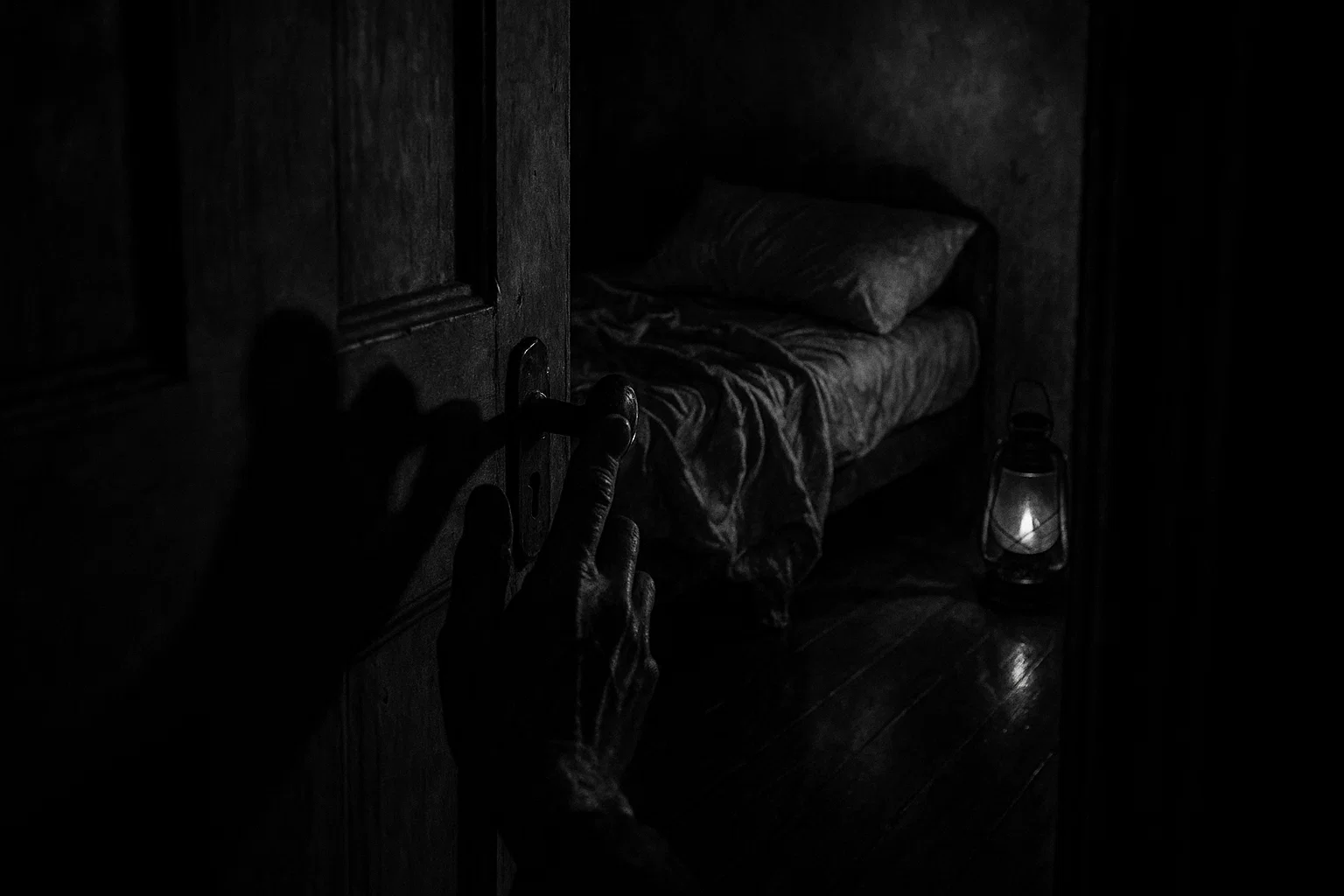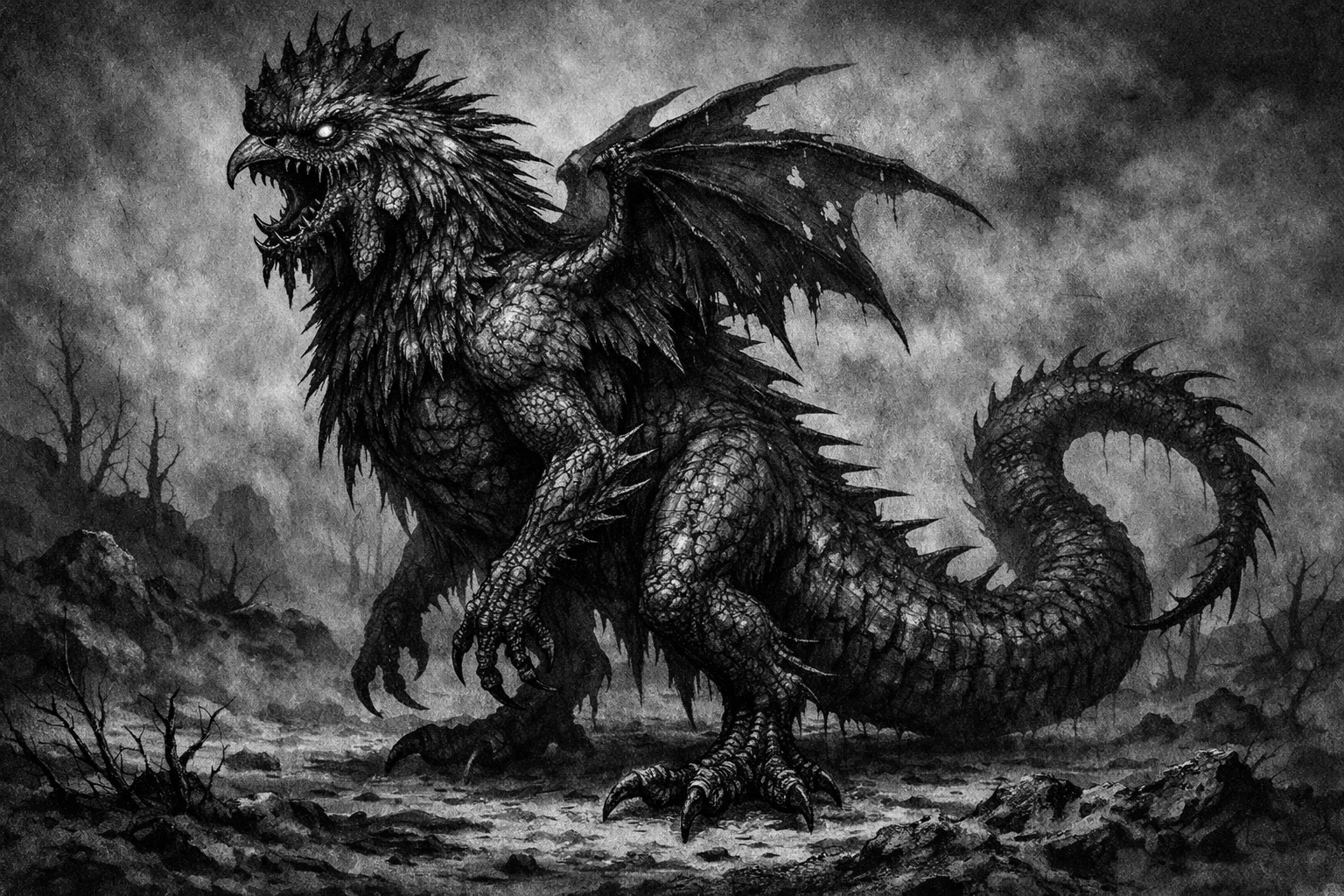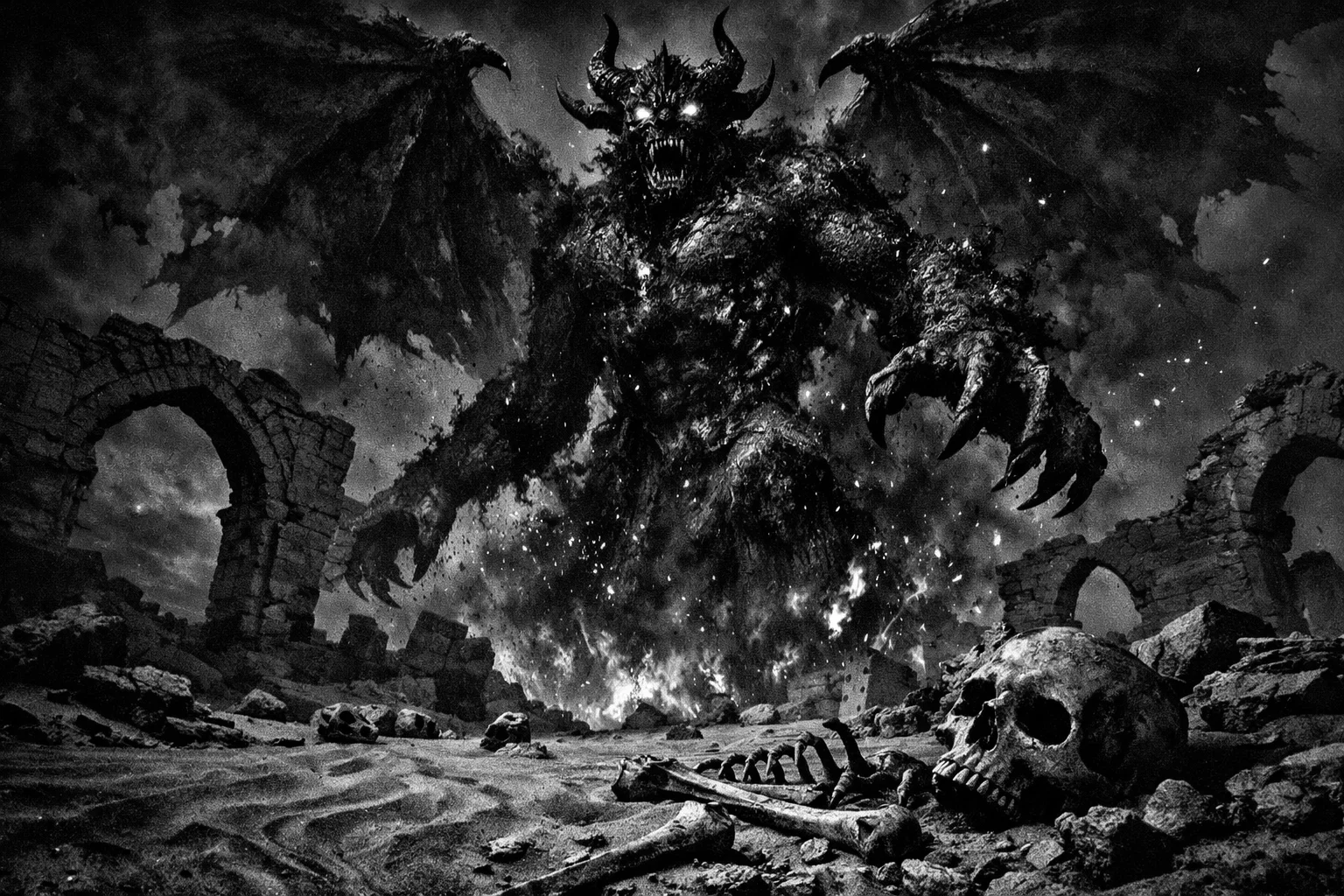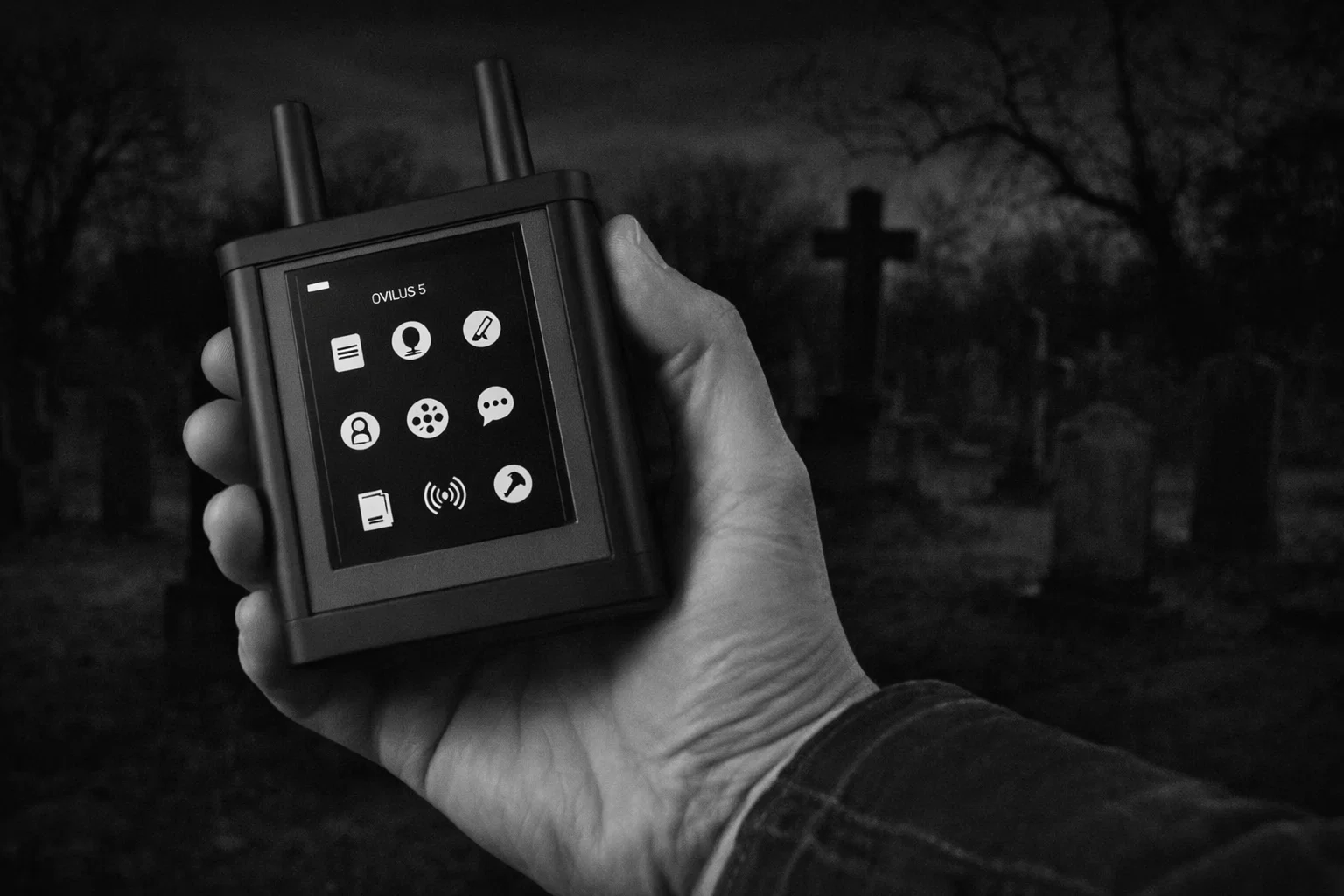Step into the gripping madness of The Tell-Tale Heart, a timeless short horror story by Edgar Allan Poe that epitomizes Edgar Allan Poe horror. This classic scary tale delves deep into psychological horror, exploring the razor edge of guilt and madness. Narrated by a tormented soul, the story unravels the slow burn of obsession, the thrill of the kill, and the inescapable torment of conscience.
With its rhythmic prose and chilling introspection, The Tell-Tale Heart remains a cornerstone for lovers of short horror stories craving a plunge into the human psyche’s darkest corners.
Summary
Chapter 1: The Shadow of Sanity
True—nervous—very, very dreadfully nervous I had been and am; but why will you say that I am mad? The disease had sharpened my senses—not destroyed—not dulled them. Above all was the sense of hearing acute. I heard all things in the heaven and in the earth. I heard many things in hell. How, then, am I mad? Hearken! and observe how healthily—how calmly I can tell you the whole story. It is impossible to say how first the idea entered my brain; but once conceived, it haunted me day and night.
Object there was none. Passion there was none. I loved the old man. He had never wronged me. He had never given me insult. For his gold I had no desire. I think it was his eye! yes, it was this! He had the eye of a vulture—a pale blue eye, with a film over it. Whenever it fell upon me, my blood ran cold; and so by degrees—very gradually—I made up my mind to take the life of the old man, and thus rid myself of the eye forever.
You fancy me mad. Madmen know nothing. But you should have seen me. You should have seen how wisely I proceeded—with what caution—with what foresight—with what dissimulation I went to work! I was never kinder to the old man than during the whole week before I killed him. And every night, about midnight, I turned the latch of his door and opened it—oh so gently! When I had made an opening sufficient for my head, I put in a dark lantern, all closed, closed, that no light shone out, and then I thrust in my head.
Now you will not think me mad when I tell you that the eye was not there—if it had been, I would not have killed the old man. It was the eye that vexed me, that vulture eye. Each night, I waited until the old man’s breathing grew steady, a soft rhythm that filled the shadowed room like a distant clock. The floorboards groaned faintly under my careful steps, but he never stirred, lost in dreams I could only imagine.
The house was old, its walls thin and whispering secrets of past inhabitants, but I moved like a shadow, silent as the grave I planned. Candles flickered in the hallway, casting long fingers of light that danced away from me. I could smell the musty air, thick with dust and the faint scent of the old man’s pipe tobacco.
My heart beat steadily, proof of my control, as I inched the lantern open, just a sliver, enough to pierce the gloom. The beam fell on his face, peaceful in sleep, but if that eye— that cursed, filmy eye—were open, it would fix on me, draining my soul with its lifeless stare. Seven nights I repeated this ritual, each time more precise, my caution a blade honed sharp.
On the eighth night, the clouds hung low outside, muffling the moon, and a storm brewed in the distance, thunder rumbling like a warning. I was more careful than ever, my hand steady on the latch, but inside, a fire burned, urging me toward the end.
You May Also Like: Alkonost: The Bird-Woman Monster That Sings You Into Trance
Chapter 2: The Vigil of the Eighth Night
Upon the eighth night, the old man was awake—I knew it by the quickening of his breath. He sat up in bed, listening, his head cocked like a wary animal sensing a predator. But I remained still, my body pressed against the doorframe, my own breath held tight in my chest. “Who’s there?” he murmured, his voice thin and trembling in the dark.
The room seemed to shrink around us, the air heavy with unspoken fear. I did not move a muscle, not a fiber, willing myself into invisibility. The minutes stretched, endless, the silence broken only by the relentless ticking of a clock downstairs, each second a hammer blow against my nerves. Finally, he sighed, convinced it was nothing—a draft, perhaps, or the house settling—and lay back down, his breathing slowing once more.
Seizing the moment, I opened the lantern a hair’s breadth, the thin ray of light slicing through the blackness like a scalpel. It caught his eye—wide open now, gleaming pale blue, the film over it shimmering like a veil over a hidden abyss. That eye! It stared straight into me, unblinking, and in that instant, a rage surged through my veins, hot and uncontrollable.
I could bear it no longer. With a swift motion, I threw open the door and dragged the old man to the floor, pulling the heavy bedstead over him. He let out a single, low moan—a muffled cry that vibrated through the mattress—but I held firm, my body weight pinning him down. His heart raced beneath me, a wild drumbeat thundering in my ears, faster and louder with each passing second. It mocked me, that frantic pulse, as if alive with defiance.
For an hour, perhaps more, I crouched there, listening to the struggle fade, the moans turning to gasps, then to silence. The old man’s heart gave one final, feeble throb, and still I waited, ensuring the deed was done. When at last I rose, the room was still, the air thick with the coppery tang of death.
I dragged the body to the floor, my hands steady despite the sweat beading on my brow. The floorboards creaked under the weight, but the house remained silent, complicit in my secret. I felt no remorse, only a thrill—a clean severance from that hateful eye. Now, to conceal it all, to erase every trace, so that no one would ever know.
The night was mine, the old man reduced to a problem solved, but as I paused, catching my reflection in the lantern’s glow, I wondered if the eye’s curse had truly lifted.
Chapter 3: The Act of Concealment
The body lay limp at my feet, a heavy burden but one I handled with the precision of a craftsman. I dismembered it carefully, first severing the head with a hacksaw I’d hidden in my toolkit, the blade’s rasp muffled by a thick cloth wrapped around it. The sound was dull, rhythmic, like sawing through wet wood, and I worked methodically, ignoring the sticky warmth that seeped onto the floor.
Limbs followed, joints popping softly as the blade bit deep, each cut a step toward invisibility. The old man’s frame was frail, bones brittle from age, making the task almost easy. I wrapped the pieces in an old rug from the attic, the fabric absorbing the stains, and carried them to the floorboards beneath the bed where he had slept.
With a crowbar, I pried up the planks, the nails screeching faintly before yielding. The space below was dark and dusty, a forgotten hollow perfect for my purpose. I thrust the bundles in, one by one, arranging them neatly, as if laying a sleeping figure to rest. The head last, its filmy eye now forever closed, staring into nothingness. I replaced the boards, fitting them flush, and scattered the rug over top, smoothing it until no seam remained.
There! No human eye—not even his—could detect any trace of the deed. A tub of water and some bleach scrubbed the floor clean, the metallic scent fading into the morning’s fresh air as dawn crept through the shutters. I laughed softly to myself, a sound of triumph, for the room gleamed spotless, the bed made tidy, everything in perfect order.
The neighbors had heard nothing, I was sure—the old man’s cry too brief, too smothered. I went about my day with a lightness I hadn’t known, whistling as I prepared breakfast, the sun streaming in like a blessing. The eye was gone, the vulture banished, and I was free. Yet as the hours passed, a faint unease stirred, like a whisper at the edge of hearing.
I dismissed it as nerves, the aftershock of my vigil. By evening, when the knock came at the door—three sharp raps from officers in uniform—my confidence surged back.
Neighbors had reported a shriek in the night, they said, but their faces were polite, skeptical. “Search if you must,” I invited them in, my voice steady, my smile wide. We sat in the old man’s chamber, chatting of trivial things—the weather, the streets—while they glanced about, their eyes lingering on the very spot where the body lay hidden. And then, it began—a low, dull sound, quick and insistent, rising from beneath the floor.
You May Also Like: The SS Ourang Medan’s Last Call | Horror Story
Chapter 4: The Torment Unfolds
At first, it was faint, like a watch wrapped in cotton, muffled but persistent. I chatted on, louder now, my words tumbling over each other to drown it out, but the sound grew, a steady thump-thump that echoed in my skull. The officers smiled, oblivious, their chairs scraping casually as they shifted, but I knew—I alone knew what it was.
The old man’s heart! Beating still, alive under the boards, mocking my triumph with its relentless pulse. My face flushed hot, then drained cold, sweat beading on my forehead as I paced the room, unable to sit still. The sound swelled, filling the space, a thunderous rhythm that vibrated through the floor, up my legs, into my chest.
“Villains!” I shrieked suddenly, unable to contain it, my voice cracking like glass. The officers leaped to their feet, hands on batons, but I raved on, gesturing wildly. “Dissemble no more! I admit the deed!—tear up the planks! here, here!—It is the beating of his hideous heart!” In a frenzy, I yanked at the rug, clawing the boards loose with my nails, the wood splintering under my assault.
The officers watched, stunned, as the bundles tumbled out, stained dark, the truth spilling forth in grotesque clarity. The heart’s beat faded then, swallowed by silence, leaving only the echo of my confession hanging in the air. The room spun, the walls closing in, and as irons clamped my wrists, I realized the eye had won—its curse not in death, but in the madness it birthed, eternal and unyielding.







